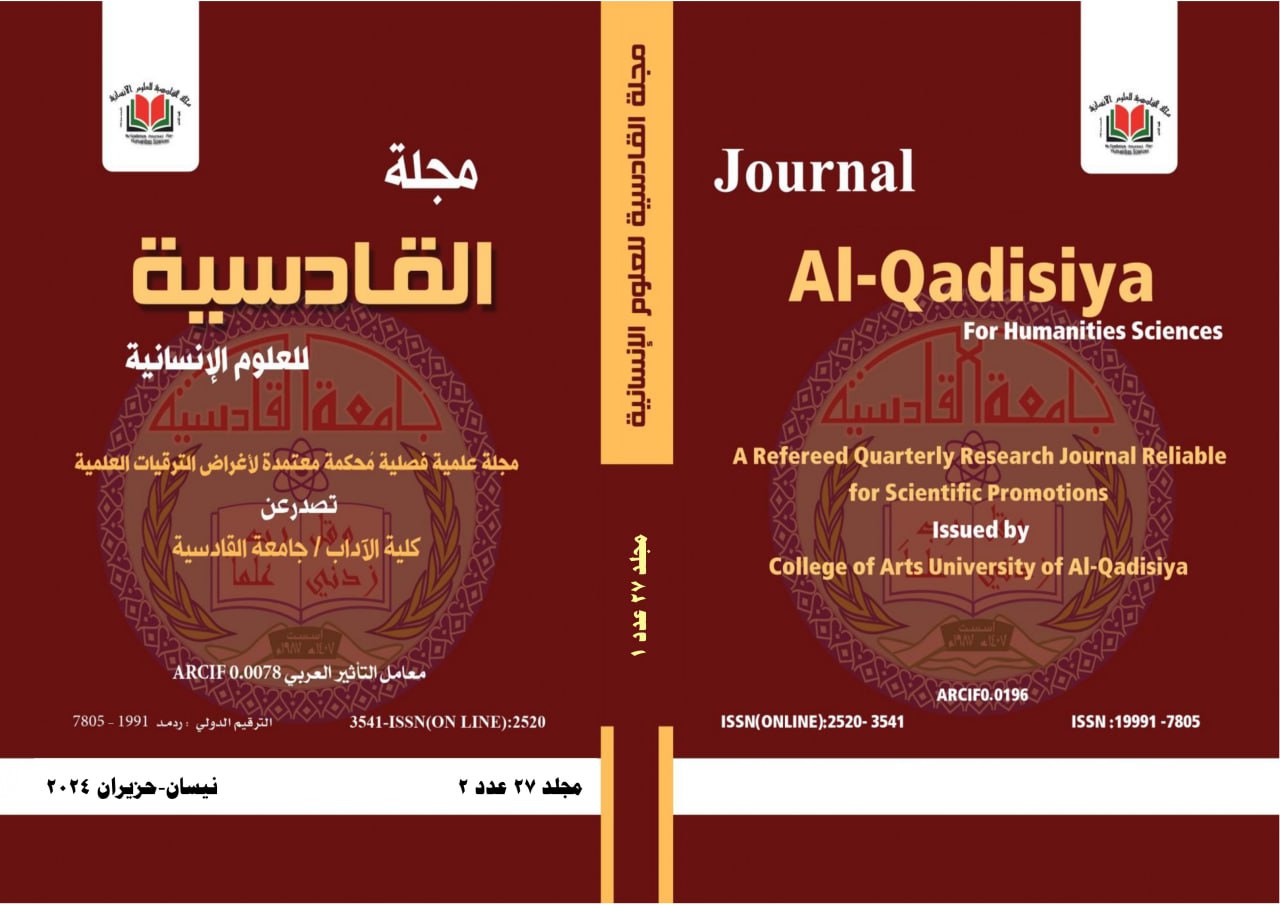Abstract
abstract
Whether or not character theoretically occupies the second place after plot in Aristotle’s Poetics, it means little in practical terms because a play or story simply cannot proceed without it; character indeed “emerges from the play, it is not put into it,” and it shares with us the human qualities and attributes.(1) When one watches a character in action, one is in close contact with “humanity in human situations: the figures in the pattern are, after all, human figures in a human pattern.”(2) This, however, illustrates that a character in play (as well as in real situations) fails to make a life of his/ her own. The character’s being is shaped as long as he/she interacts with others who give meaning to his/her existence. This is exactly the case with the characters in Yusuf Sura, for, despite the prophet-like traits granted to Yusuf, almost all the characters’ features are akin to, and identical with, human qualities and attributes. This characteristically keeps Yusuf Sura very close to the human pattern. Besides the prophet-like features of such figures as Jacob and Yusuf, they acquire traits that represent them as figures in blood and flesh.
The progress of the action in the Sura entails that the characters (at least most of them) respond to the surrounding events according to the stimulated drives that call for a stance (on their parts). It is indeed unmistakable that the characters’ reactions exhibit their real nature; any one response is furthermore a manifestation of the ‘self’, and a reformulation of the ‘ego’ defined by the outward motivations. The character’s behaviour under such circumstances is a demonstration of how the faculty of mind and power of passion operate. The situations under which the character goes become touchstones that faithfully and powerfully test goodness and integrity; or, on the other hand, falsehood and evilness. The following sections attempt to pursue the characters in Yusuf Sura when they are in action. The sections also undertake to portray these characters when they are expected to react to events that are crucial enough to resolve critical situations in their lives. On the other hand, the character study is also hoped to reveal how the character’s responses are dramatically functional, i.e., how the reactions contribute to the working out of the drama in the Sura.
Whether or not character theoretically occupies the second place after plot in Aristotle’s Poetics, it means little in practical terms because a play or story simply cannot proceed without it; character indeed “emerges from the play, it is not put into it,” and it shares with us the human qualities and attributes.(1) When one watches a character in action, one is in close contact with “humanity in human situations: the figures in the pattern are, after all, human figures in a human pattern.”(2) This, however, illustrates that a character in play (as well as in real situations) fails to make a life of his/ her own. The character’s being is shaped as long as he/she interacts with others who give meaning to his/her existence. This is exactly the case with the characters in Yusuf Sura, for, despite the prophet-like traits granted to Yusuf, almost all the characters’ features are akin to, and identical with, human qualities and attributes. This characteristically keeps Yusuf Sura very close to the human pattern. Besides the prophet-like features of such figures as Jacob and Yusuf, they acquire traits that represent them as figures in blood and flesh.
The progress of the action in the Sura entails that the characters (at least most of them) respond to the surrounding events according to the stimulated drives that call for a stance (on their parts). It is indeed unmistakable that the characters’ reactions exhibit their real nature; any one response is furthermore a manifestation of the ‘self’, and a reformulation of the ‘ego’ defined by the outward motivations. The character’s behaviour under such circumstances is a demonstration of how the faculty of mind and power of passion operate. The situations under which the character goes become touchstones that faithfully and powerfully test goodness and integrity; or, on the other hand, falsehood and evilness. The following sections attempt to pursue the characters in Yusuf Sura when they are in action. The sections also undertake to portray these characters when they are expected to react to events that are crucial enough to resolve critical situations in their lives. On the other hand, the character study is also hoped to reveal how the character’s responses are dramatically functional, i.e., how the reactions contribute to the working out of the drama in the Sura.
